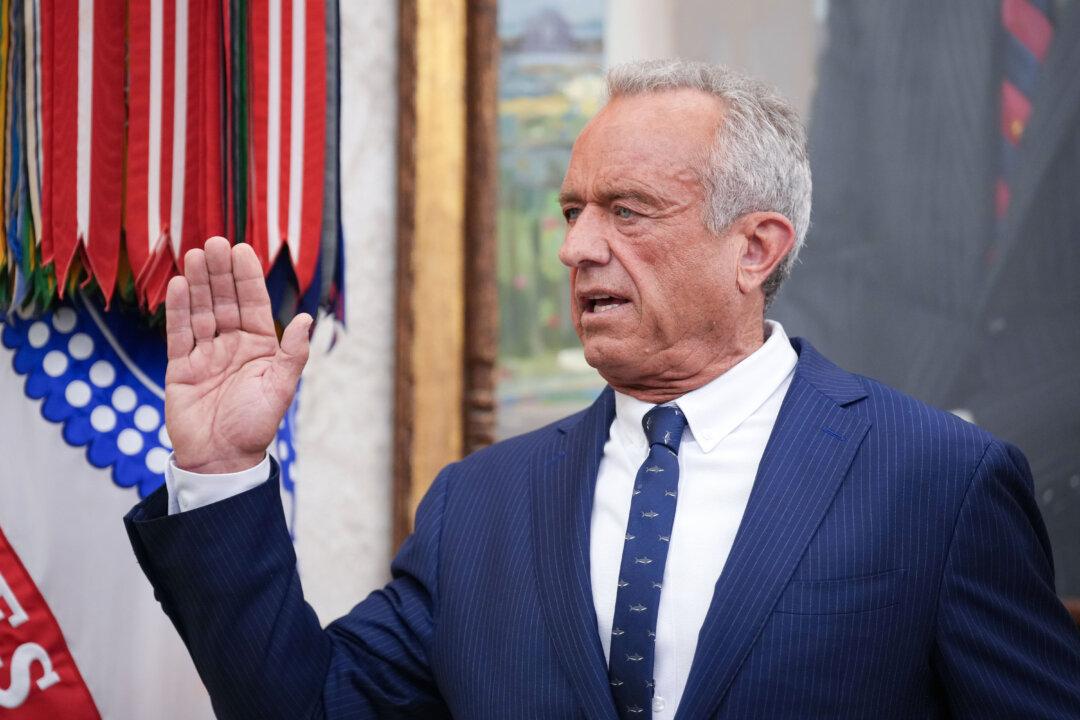Robert F. Kennedy Jr. vowed to launch “a new era of radical transparency” as he addressed his staff as Secretary of Health and Human Services (HHS) for the first time on Feb. 18.
“I’m not going to come in here and impose my belief over any of yours. Instead, we’re going to work together to launch a new era of radical transparency,” Kennedy said.





